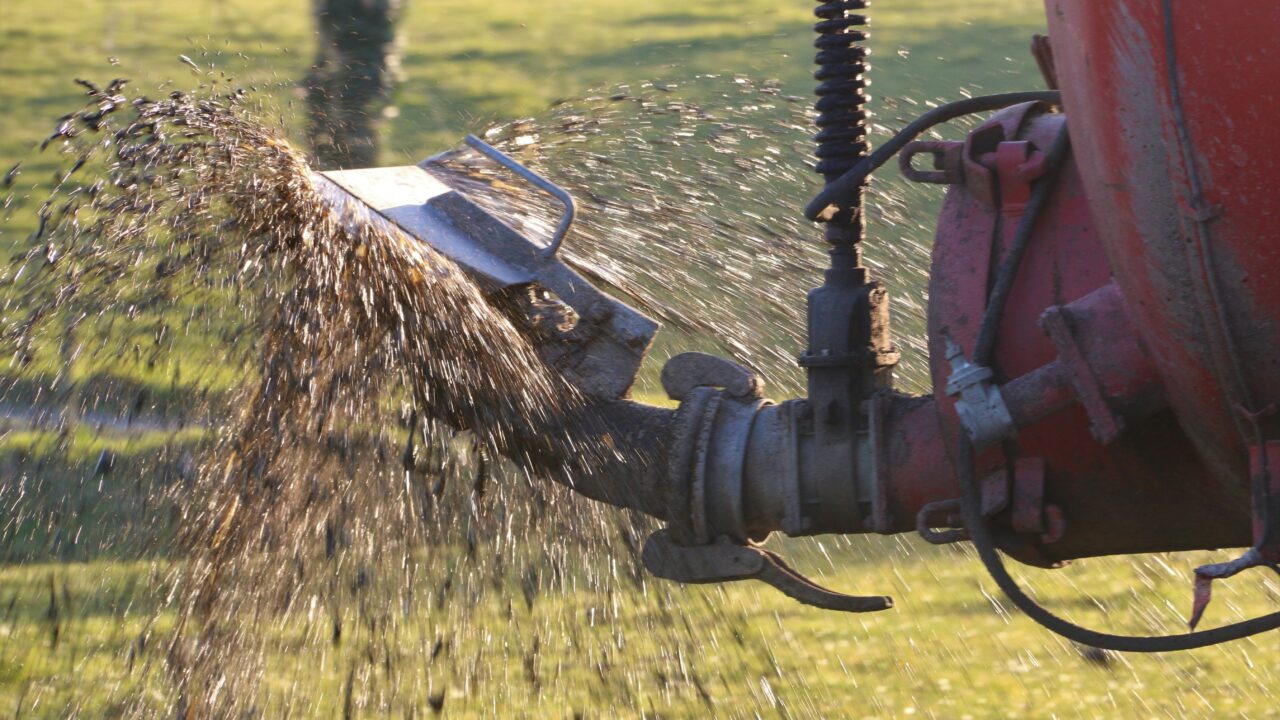A response to the ammonia consultation held earlier this year is expected imminently, with a working action plan set to be published by the end of the year, department officials have said.
Speaking at a briefing on the new environmental audit scheme, in response to a question from AgriLand, Northern Ireland Environment Agency chief executive David Small said farmers can play a “very positive role” in terms of managing the environment.
However, he admitted there had been a “lack of good understanding and good information” around the topic of ammonia.
Managing the problem
“Ammonia has become an issue over recent months – but it’s been an issue which we have been aware of over the last few years,” he said.
“The ammonia situation is, unfortunately, worse in Northern Ireland than anywhere else in the UK.”
A report published in December stated 12% of the UK’s ammonia emissions come from Northern Ireland. Of this, 91% of all ammonia emissions in the region were thought to have resulted from agriculture.
“We need to make sure that we manage it well; a negative outcome of that has been that farmers are getting a bit more nervous than they have been in the past.
10 or 15 years ago, the issue would have been nitrates and the nitrates directive, and all the challenges that the directive was bringing. Ammonia is now the next issue that we need to try and address.
“We are working on that within the department, and we will begin working in terms of setting out a journey – an action plan – that over time will turn the curve on ammonia and begin to graduate towards reductions.”
It comes almost two weeks after Ulster Bank’s senior agriculture manager, Cormac McKervey, said the issue had become a recurrent topic in staff discussions with farmers.
The senior agri-banker added that farmers had begun to change their habits, with many now opting for much smaller projects to avoid stringent planning regulations.
Stalled planning applications
Small added that the department had to be “very careful” in terms of how it dealt with some of the current planning applications stalled by the issue.
“We have had to be very careful in terms of assessing the ammonia implications of those applications – and I think it’s that which has caused a bit of fear within the industry,” he said.
“I don’t think farmers should be afraid or fear the environment; they need a good, clean environment to be able to conduct their business.
“They need to be more aware and understand the implications of farming and what they might need to do to minimise the impact of farming and I think that’s what we need to achieve.
“The two don’t need to be mutually exclusive – I think you can have strong industry and a good, clean environment.”
‘Feeling aggrieved’
New UFU president Ivor Ferguson criticised the department for its failure to consult the industry over the issue.
“Over that time the rules have been changed two or three times with no consultation with farmers and that’s something that farmers certainly feel very aggrieved about,” he said.
Ferguson added that farmers had “understandable reason” to fear NIEA.
“You have said you won’t go soft on regulations, and I just want to say from a farmer’s point of view, we will certainly not be going soft in our opposition if we feel we are being unfairly treated.”

